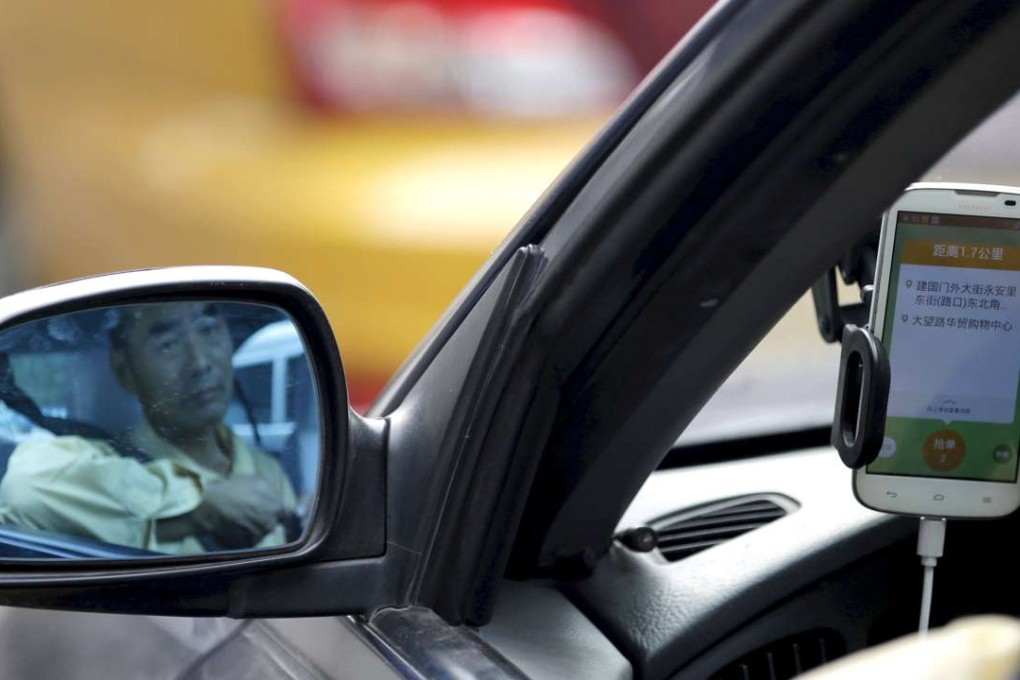Fewer cash subsidies after Didi-Uber merger, analysts say
Users will see increase in quality of ride-hailing services as operators compete on services provided

China’s ride-hailing users should expect fewer cash subsidies on their trips following Didi Chuxing’s Uber China buyout, which may result in a shift in demand from private car rides to cheaper services such as carpooling, according to analysts.
However, the quality of services provided by the overall industry will rise as a result of the consolidation of China’s two largest ride-hailing companies.
Didi announced on Monday that it will buy Uber China’s operations in the country, putting an end to a three-year battle for market share in the world’s largest ride-hailing market. Prior to the deal, both companies poured billions of dollars into cash subsidies to entice passengers and drivers to use their platform, in a bid to become China’s dominant ride-hailing operator.
“It is very likely that [Didi and Uber] will not give out subsidies as much any more, as they no longer need to fight over market share,” said Kitty Fok, managing director of research firm IDC China.
Fok added that the government’s guidelines to legalise ride-hailing apps in China, which prevent operators from offering ride services below cost and come into effect from November, will also affect the amount of cash discounts given.
“The market will adjust, as previously it was artificially propped up by subsidies. Some consumers may shift from hailing the more expensive private cars, to using cheaper carpooling services instead,” Fok said.
Sue Shu, a marketing executive at a financial technology company in Beijing who uses Didi and Uber services to hail a ride to work every morning, said that she may switch to other apps such as Yidao Yongche, Ucar and Shouqi Yueche if Didi and Uber reduces discounts for its users.